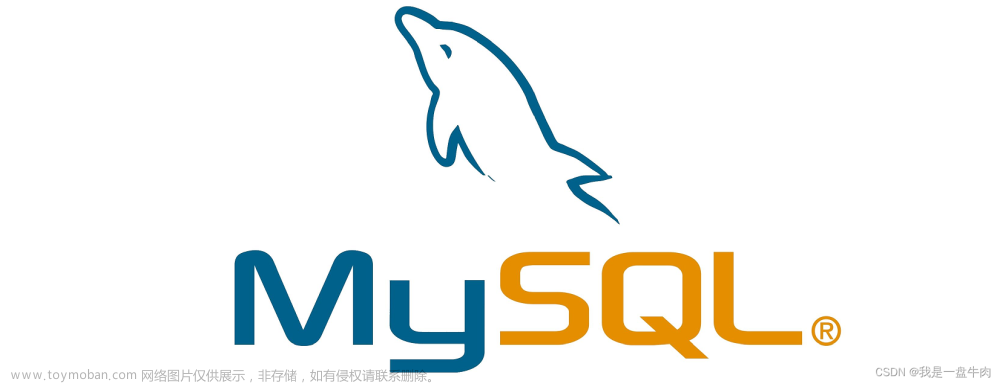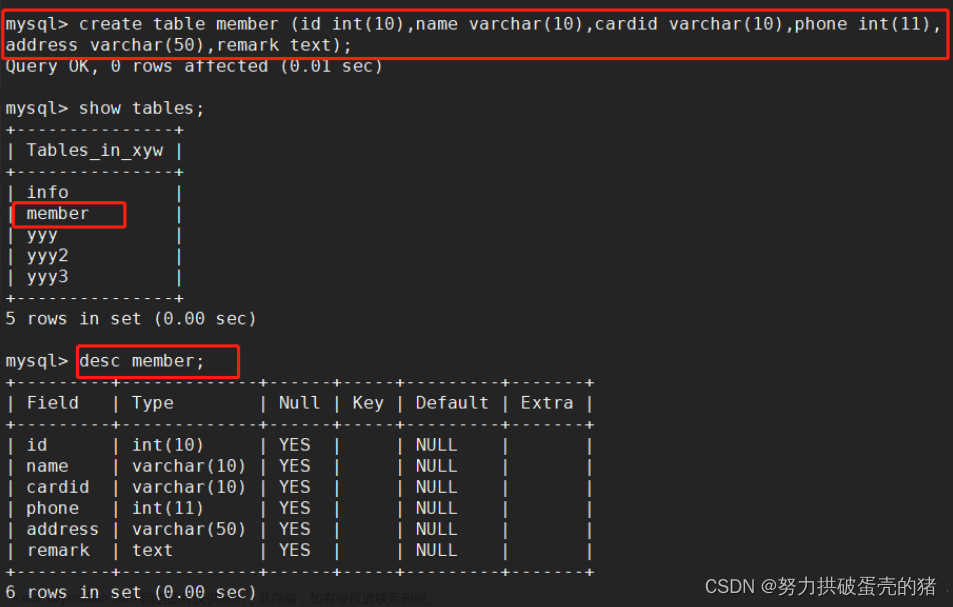索引并不是时时都会生效的,比如以下几种情况,将导致索引失效
最左前缀法则
show index from tb_user; 对于最左前缀法则指的是,查询时,最左变的列,也就是profession必须存在,否则索引全部失效。
对于最左前缀法则指的是,查询时,最左变的列,也就是profession必须存在,否则索引全部失效。
explain select * from tb_user where profession = '软件工程' and age = 31 and status = '0';
explain select * from tb_user where profession = '软件工程' and status = '0';
思考

范围查询
explain select * from tb_user where profession = '软件工程' and age > 30 and status = '0' ;
explain select * from tb_user where profession = '软件工程' and age >= 30 and status = '0';
索引列运算
不要在索引列上进行运算操作, 索引将失效。在tb_user表中,除了前面介绍的联合索引之外,还有一个索引,是phone字段的单列索引。
explain select * from tb_user where phone = '17799990015';
当根据phone字段进行函数运算操作之后,索引失效。
explain select * from tb_user where substring(phone,10,2) = '15';字符串不加引号
explain select * from tb_user where profession = '软件工程' and age = 31 and status = '0';
字符串类型的字段,不加单引号
explain select * from tb_user where profession = '软件工程' and age = 31 and status = '0';
模糊查询
explain select * from tb_user where profession like '软件%';
explain select * from tb_user where profession like '%工程';
or连接条件
explain select * from tb_user where id = 10 or age = 23;
由于age没有索引,所以即使id、phone有索引,索引也会失效。所以需要针对于age也要建立索引。
create index idx_user_age on tb_user(age); 
再次执行上述的SQL语句
 当or连接的条件,左右两侧字段都有索引时,索引才会生效。
当or连接的条件,左右两侧字段都有索引时,索引才会生效。
数据分布影响
explain select * from tb_user where phone >= '17799990005';
explain select * from tb_user where phone >= '17799990015';
SQL提示
use index
explain select * from tb_user use index(idx_user_pro) where profession = '软件工程';
ignore index
explain select * from tb_user ignore index(idx_user_pro) where profession = '软件工程';
force index
强制使用索引。
explain select * from tb_user force index(idx_user_pro) where profession = '软件工程';
覆盖索引
查询id,profession,age, status字段
explain select id,profession,age, status from tb_user where profession = '软件工程' and age = 31 and status = '0' ;查询id,profession,age, status,name字段
explain select id,profession,age, status,name from tb_user where profession = '软件工程' and age = 31 and status = '0' \G;前缀索引
语法
create index idx_xxxx on table_name(column(n)) ; 1前缀长度
select count(distinct substring(email,1,5)) / count(*) from tb_user ;创建前缀索引
create index idx_email_5 on tb_user(email(5));单列索引与联合索引
- 单列索引:即一个索引只包含单个列。
- 联合索引:即一个索引包含了多个列。
我们先来看看 tb_user 表中目前的索引情况, 在查询出来的索引中,既有单列索引,又有联合索引。 文章来源:https://www.toymoban.com/news/detail-706013.html
 文章来源地址https://www.toymoban.com/news/detail-706013.html
文章来源地址https://www.toymoban.com/news/detail-706013.html
在业务场景中,如果存在多个查询条件,考虑针对于查询字段建立索引时,建议建立联合索引, 而非单列索引。
总结
- 针对于数据量较大,且查询比较频繁的表建立索引。
- 针对于常作为查询条件(where)、排序(order by)、分组(group by)操作的字段建立引。
- 尽量选择区分度高的列作为索引,尽量建立唯一索引,区分度越高,使用索引的效率越高。
- 如果是字符串类型的字段,字段的长度较长,可以针对于字段的特点,建立前缀索引。
- 尽量使用联合索引,减少单列索引,查询时,联合索引很多时候可以覆盖索引,节省存储空间, 避免回表,提高查询效率。
- 要控制索引的数量,索引并不是多多益善,索引越多,维护索引结构的代价也就越大,会影响增删改的效率。
- 如果索引列不能存储NULL值,请在创建表时使用NOT NULL约束它。当优化器知道每列是否包含NULL值时,它可以更好地确定哪个索引最有效地用于查询。
到了这里,关于MYSQL的索引使用注意的文章就介绍完了。如果您还想了解更多内容,请在右上角搜索TOY模板网以前的文章或继续浏览下面的相关文章,希望大家以后多多支持TOY模板网!













